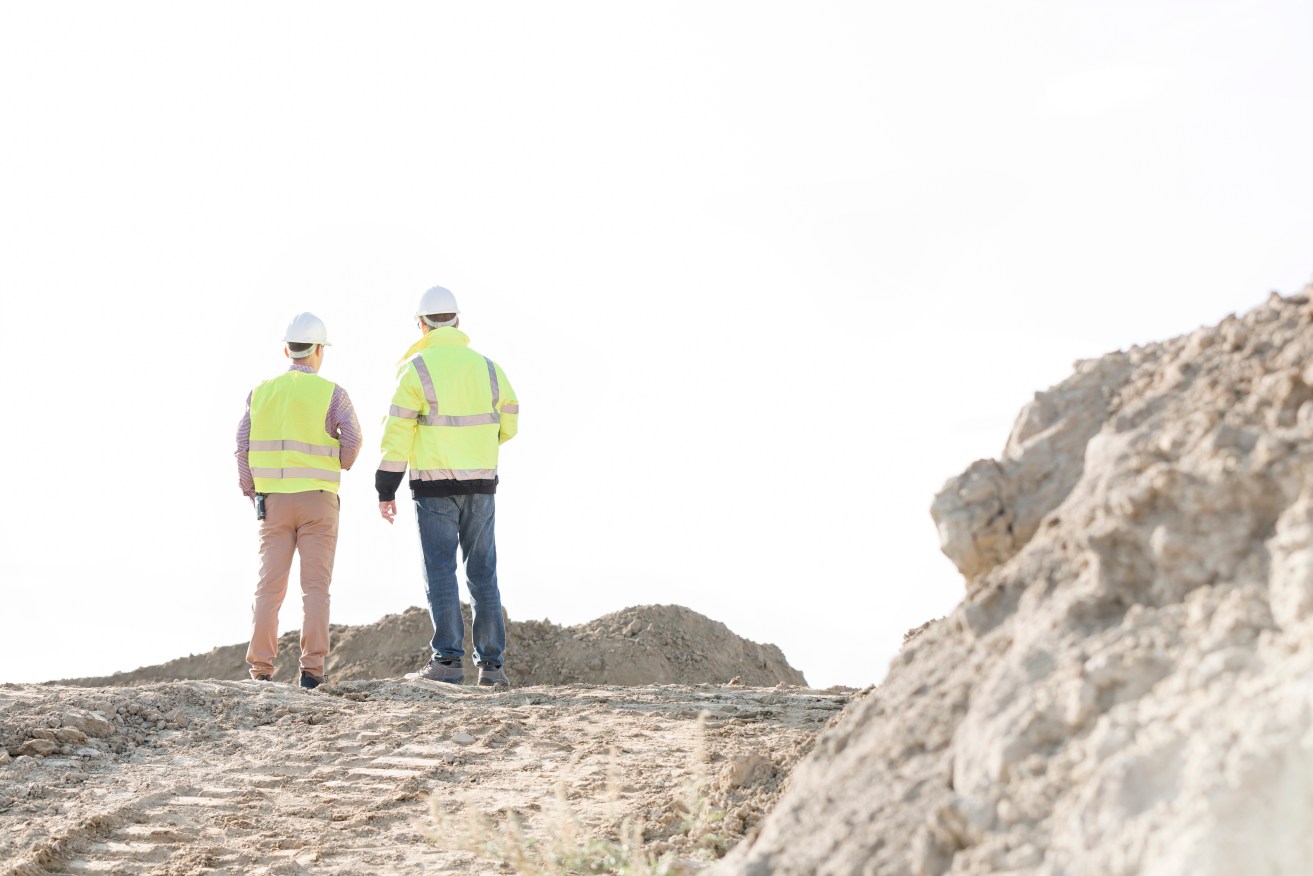For younger employees, it’s okay to say “no” at work
Young workers are often some of the most enthusiastic, hard-working, and innovative employees in a business, yet they are also among the most vulnerable to economic, physical, and emotional abuse. It’s an issue that doesn’t get the attention it deserves, argues Adelaide lawyer Thea Birss.


Young workers shouldn't always do what they're told. File image: Moodboard
It’s a sad truth but parents need to teach their teens “it’s okay to say no at work sometimes”. Although young people starting their first job think someone will be looking after them, it’s not always the case.
In February this year, researchers at Griffith University showed more than 74 per cent of young university students had been affected by underpayment and harassment, especially those working in retail and hospitality. Apprentices, work experience students, those doing long unpaid ‘trial’ shifts, and interns are also a cohort who experience problems.
All employees have the right to a safe workplace where they are adequately trained, treated with respect, and paid appropriately. For the most part, this does happen – but not always. Just Google ‘teenage workplace death’ and you’re in for a distressing read. In 2016, Safe Work Australia found 14 young workers were killed in work-related incidents, most of them because they weren’t trained appropriately, or they were left alone without adequate supervision or guidance.
While there have been headline stories in South Australia (remember the KFC restaurant which was fined $105,000 over a 16-year-old’s 2015 fall into a vat of hot oil, or 7-Eleven’s rampant underpayment of young migrant staff?), these incidents are not so isolated. The Fair Work Ombudsman has called the exploitation of young people ‘a persistent problem’. Increasing penalties reflect a growing intolerance of bad behaviour.
We are talking about the kind of workplace behaviour that ultimately diminishes the confidence of our young people – exposing them to harm, and, in the worst cases, putting their lives in danger. Those aged 15-25 are still finding their way in the world. They need more support, they might take longer to do things, or not realise the consequences of their actions. They need more mentoring and guidance. Without it, they are at greater risk of bullying, verbal harassment, sexual harassment, unsafe work practices, overwork and underpayment.
Most importantly, they are very reluctant to speak up when they are in danger. This is why we need to ensure they are provided with adequate protection, and the law is very clear about this point.
My message to young South Australians starting their first job is this: it’s okay to refuse to comply if you’re not feeling safe.
These days, punishment for workplace breaches and the exploitation of young workers is severe. In 2018, a Queensland director was sentenced to seven years jail over the death of a 20-year-old employee electrocuted on his ninth day on the job. Last month a Victorian café and its director were fined $257,000 for the underpayment of staff, including teenagers and those on student visas. Back in 1998, a 16-year-old Adelaide girl was awarded only $1,000 damages for sexual harassment endured in her job at Australia’s Pizza House. Times have changed since then. This year a 20-year-old Victorian office worker was awarded 150 times that amount in general and aggravated damages.
My message to young South Australians starting their first job is this: it’s okay to refuse to comply if you’re not feeling safe. It’s fine to speak up, inquire about a work practice, and complain. It’s okay to stop and say no to bullying, shouting, abuse, or harassment in any form. (If you’re not sure about how to do this, the SA Legal Services Commission has a special youth legal unit. The Fair Work Ombudsman will also provide free advice to assist parents and young people.)
And to those who think young people are difficult to work with or need to be treated in a shouty or abusive manner, so they learn quicker or won’t know if you don’t offer them breaks or pay a lower rate: be careful because the courts do not look fondly on deliberate mistreatment or exploitation.
Of course, most South Australian employers understand how important their people are and have compliant workplace procedures in place to protect them. They promote healthy and productive workplaces.
But for those that don’t, I have some tips that cover the basics. You need to have practical, effective health and safety measures in place, including a workplace behaviour policy that your managers understand and enforce. A compliant payroll function will ensure you are not involved in underpayment of staff. You need first aid supplies and staff trained to use them, and you need a basic workplace emergency plan in case of sudden incidents or accidents.
Most importantly, business owners need to think about values and behaviours. What do you want people to say about you and your business? What is the consequence of bad behaviour from your managers when working with younger staff? I’m sure most businesses work hard to provide great service to customers and ensure they feel welcome. Why not extend this internally to new people coming onboard?
Younger workers are the next generation who will fuel business. We want them to have a positive attitude to workplaces and employers. As the saying goes: your people really are your greatest asset. Let’s look after them.
Thea Birss is a senior employment lawyer from NDA Law and regularly conducts investigations within workplaces about OH&S issues.
Want to comment?
Send us an email, making it clear which story you’re commenting on and including your full name (required for publication) and phone number (only for verification purposes). Please put “Reader views” in the subject.
We’ll publish the best comments in a regular “Reader Views” post. Your comments can be brief, or we can accept up to 350 words, or thereabouts.
InDaily has changed the way we receive comments. Go here for an explanation.




